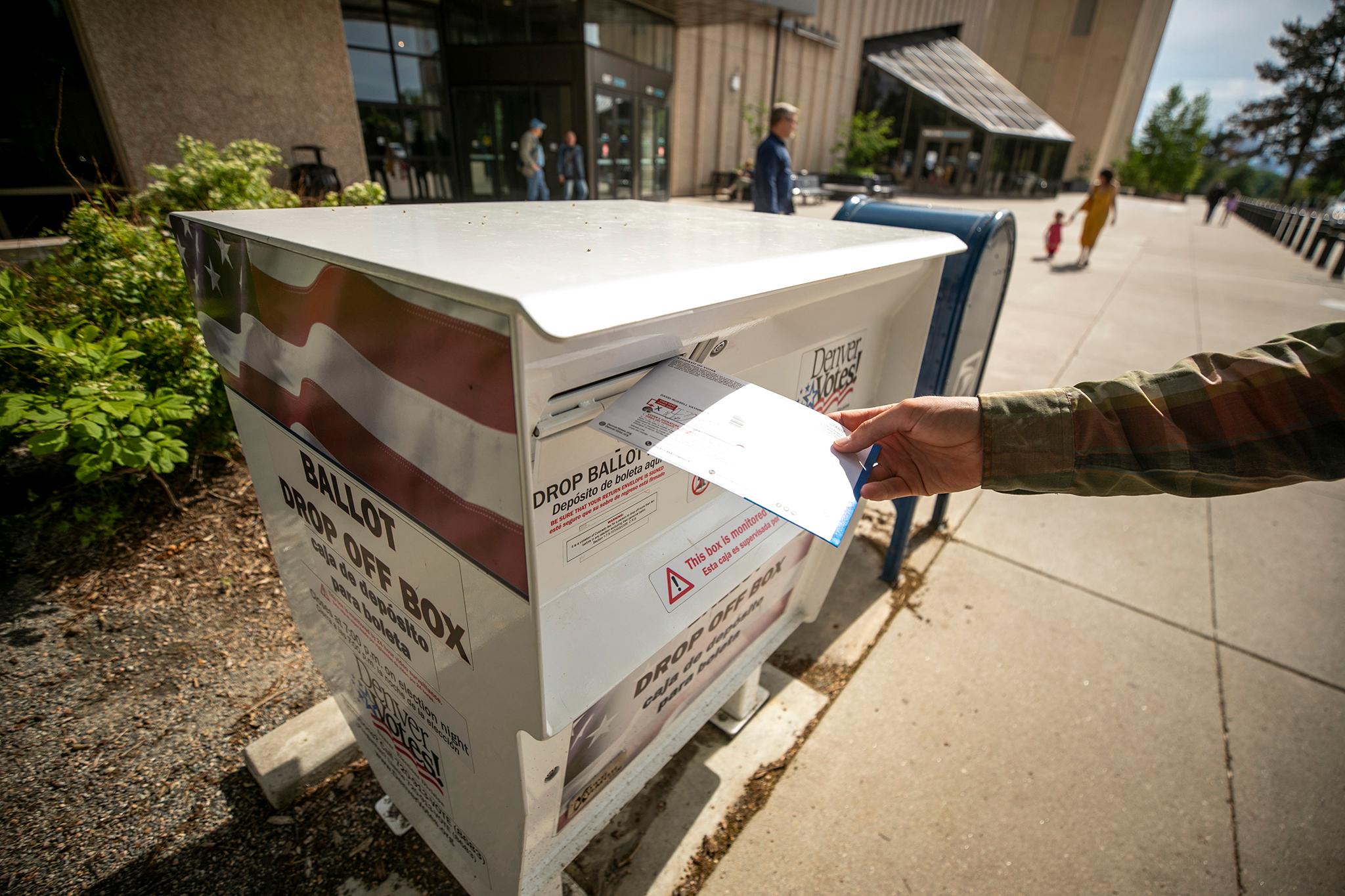Denverites will vote next year on two ballot measures that would ban fur sales and slaughterhouses in Denver.
One measure, led by the animal rights group Pro-Animal Future, would prohibit selling and manufacturing new fur in Denver. The potential law would go into effect in 2025 and give exemptions for second hand fur and Indigenous fur trading. Boulder passed a similar measure in 2021.
"It only aims to target the continued factory-farming and trapping of animals for luxury fashion sales," wrote Pro-Animal Future spokesperson Phoenix Huber in a statement last week.
It's unclear how many shops in Denver the ban might affect. Denverite has reached out for comment to Overland Sheepskin Co., a sheepskin and leather company with a shop in Denver named by Pro-Animal Future in a press release.
The other measure would ban slaughterhouses in the city starting 2026, including Superior Farms, Inc., a large lamb processor that has faced protests from Pro-Animal Future in the past.
"The slaughterhouse is a source of pollution in Globeville, an area of Denver already overwhelmed with industrial contamination," Huber said. "Many people we spoke with while petitioning felt that Denver has grown too much to have an industrial-scale slaughterhouse killing 500,000 sheep every year."
The measure would also require the city to help slaughterhouse workers with workforce training and employment assistance programs. It's unclear how many employees the ordinance might affect if approved.
Superior Farms spokesperson Roger Sherman said the ban would have a big impact on the region.
"Superior Farms is owned and operated by its employees and has been a part of the local community for more than 70 years, providing jobs and contributing to our local food economy," he said. "Forcing it to shut down would put 170 workers, with good wages and benefits, out of their jobs. This measure is unfair and simply the wrong approach."
The measures received more than 31,000 signatures to get them onto next year's ballot and received sufficiency status from Denver Elections on Nov. 27.
Denverites will vote on the ballot measures during the November 2024 election. The two measures are the only two questions on the 2024 ballot so far.
Editor's note: This article has been updated with comment from Superior Farms.













